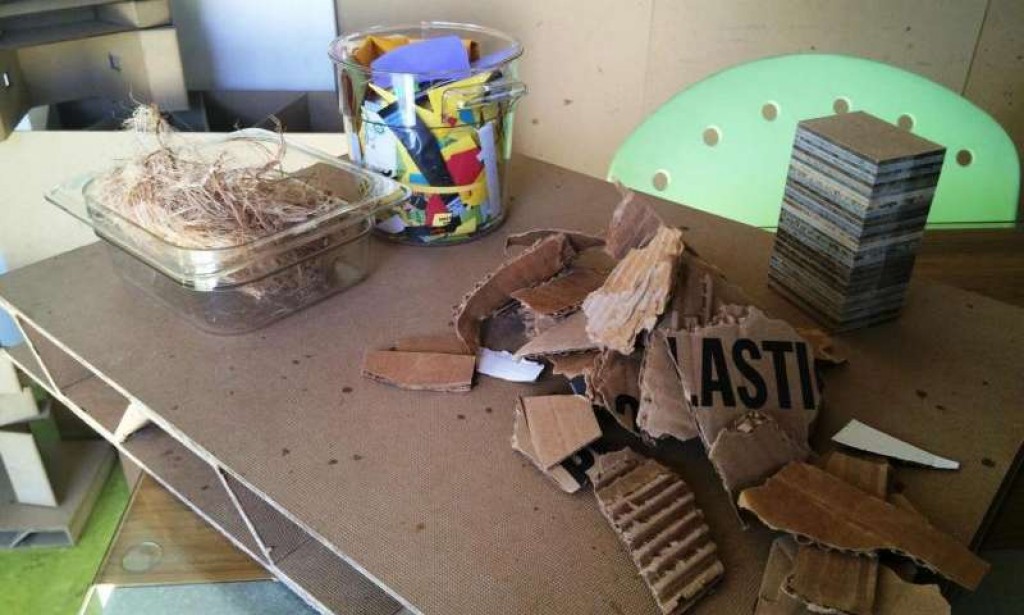RECOMMENDED VIDEOS

Toyota Tsusho : LED Lighting Products and High Performance…
Toyota Tsusho (Malaysia) Sdn Bhd

OX Build Strong - OX Engineered Building Products
OX Industries

Green Concrete for the Sustainable Built Environment
CeraTech USA, LLC.

BuildLock Knockdown ICF by BuildBlock
BuildBlock Building Systems, LLC

Breezway - Altair Louvre Windows Systems
Breezway (Malaysia) Sdn Bhd
Related Stories
‘House of Trash’ proves how waste can transform into beautiful home design
Whimsical park built of recycled materials pops up in Shanghai
Elevated bamboo peace bridge for the Korean Demilitarized Zone unveiled by Shigeru Ban and Jae-Eun Choi
Colossal cardboard temple pops up in Chiang Mai in just one day
“Cannabis walls” add warmth to this eco-friendly home in Israel
22 Sep, 2015

BioSIPs Are A New Sustainable Building Material
Green Building Materials, Construction & Design | UNITED STATES | 22 Sep, 2015
Published by : Care 2 Trade
Article taken from: Green Building Elements
University of Colorado Denver professor of architecture Julee Herdt and former graduate student Kellen Schauermann have been awarded a patent for a new construction system known as BioSIPS (Bio-Structural Insulated Panels). The system turns waste materials like paper, noxious weeds, industrial hemp and discarded forest products into high quality building product.
The name “BioSIPs” combines the word “Bio” meaning living and “SIPs,” an industry acronym for “Structural Insulated Panels.” BioSIPs boards are strong, lightweight, and easy to assemble. They can be used in to build walls, roofs and floors in a variety of construction projects.
“The BioSIPs invention actually consumes society’s waste and diverts tons of trash into valuable products for safe, strong, and energy efficient buildings,” Herdt tells Physics.org. “There is great beauty and value in waste materials. It just takes the right processes and methods to find it, and with BioSIPs we’ve invented and now patented these techniques.”
BioSIPs are sustainable construction materialIn 2007, Herdt invited CU Denver graduate student Schauermann to work with her in advancing BioSIPs technology. The two founded BioSIPs, Inc. as a CU spin-off company in 2008 while continuing research and development of bio based materials and products. They brought in other CU Denver architecture students for construction of a BioSIPs building made entirely from the SIP panels that showcase a range of bio-based furniture, sliding walls, ceiling panels, and signage.
Herdt and Schauermann have an additional patent pending. In collaboration with John Hunt of the USDA Forest Products Lab, they have invented software applications that allow the creation of multi-shaped versions of BioSIPs panels and fiberboards that can curve, bend and take shapes not possible with other SIPs. The patent also includes methods for enhancing all grades of waste fibers in their bio-based boards while simultaneously generating information about strengths and economics for manufacturing their products.
Herdt continues to work with the University of Colorado Technology Transfer Office on bio-based building product intellectual property while working to make BioSIPs to commercially viable.
